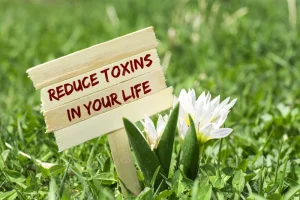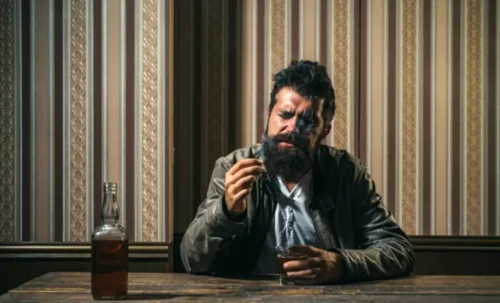10 Art Therapy Activities For Healing Trauma Personal Growth
Photo therapy sessions often cover assignments that may include taking pictures of places or things that bring joy, represent Halfway house challenges, or symbolize hope. Imagine taking a photo representing an emotion and then manipulating it with filters, colors, or text – adding a visual layer to inner experience. Digital tools offer a sense of immediacy and accessibility.
Contents
What is the healing power of creativity?
- It helps individuals make more informed decisions, communicate more efficiently, and identify their strengths and weaknesses.
- Individuals can explore their emotions, manage stress, and develop greater self-esteem through various techniques.
- Embrace the positive changes that come with these activities.
- They help reduce stress and improve mental health.
This common ground fosters a deep sense of belonging, which is vital during the often isolating journey of recovery. Integrating creativity into recovery programs not only addresses the complexities of addiction but also encourages emotional expression. This holistic method supports the development of new coping strategies while enhancing emotional awareness and self-esteem. Overall, such programs can significantly aid individuals in their https://ecosoberhouse.com/ journey towards sustained sobriety.
Emergencies Skyrocket with ADHD Drug Misuse, Quadrupled in 6 Years!
The inside of the box should represent how you feel, or the part of you that no one really sees. This can be rougher around the edges and not as cute and fuzzy as the outside. It is important to note that you do not need to consider yourself an “artist” or have any artistic training to enjoy the benefits of art therapy. The goal is to enjoy the process and promote self-expression, not produce a certain product. Discover the characteristics of best alcohol treatment centers to empower your recovery journey effectively.
Hope in Addiction Recovery: Finding Light in the Darkest Times
They can also decorate or paint a wooden box that will hold the memorable items or self-care trinkets. The box can also be a simple cardboard box or a box the individual has an attachment to, such as a small jewelry box. Cognitive-Behavioral Activities help adults change negative thoughts. These activities focus on understanding and altering behaviors. Meditation is a powerful tool for finding inner peace.
Alcohol Use Disorder
It allows individuals to express feelings non-verbally. These activities can be anything from art therapy to mindfulness exercises. Each one offers unique benefits that can enhance self-awareness and foster connections with others. In today’s fast-paced world, many adults face stress, anxiety, and other challenges.
All efforts were made to comply with HIPAA law and confidentiality and privacy of all clients. Additionally, some art therapy directives can be self-guided, but they work best under the guidance of a trained art therapist. It’s also important that you are clear with your clients that you are not an art therapist, and you are not providing art therapy. When they are finished, ask them to explain how art therapy ideas for adults in recovery their bridge drawing represents the difficult life transition portrayed in the art.
This activity can be conducted individually or in a group setting, helping adults cope with stress by focusing on the present moment and their creative process. Whether or not an individual has an artistic talent or is even interested in the arts, art therapy for drug addiction can be extremely soothing and effective. Essentially, art therapy, under the supervision of a licensed art therapist, can help addicts seeking to recover from their addictions. It can be a calming yet effective therapy to help you move forward in your journey toward recovery. Childhood memories art therapy ideas.Draw your childhood memory.
Particularly in art therapy, people explore deep-seated emotions related to trauma or addiction, aiding in their recovery journey. This non-verbal communication supports mental health by fostering emotional release and enhancing self-esteem through the completion of artistic projects. Art therapy, at its core, is a form of psychotherapy that harnesses the power of creative expression to promote emotional healing and personal growth. For those struggling with addiction, it provides a safe haven where words may fail but colors, shapes, and textures speak volumes. This therapeutic approach taps into the innate human desire to create, offering a non-verbal outlet for the tumultuous emotions often accompanying the recovery process. In conclusion, art therapy offers a unique and powerful approach to addiction recovery.
Benefits of Art for Recovery
For many in addiction recovery, a coping mechanism can help individuals cope and deal with specific challenges. Similar to a worry stone, mindfulness beads can become a cornerstone for dealing with anxious and negative emotions. Creating them is also easy, fun, and relaxing. Discover a path to emotional well-being with BetterHelp – your partner in convenient and affordable online therapy. With a vast network of 30,000+ licensed therapists, they’re committed to helping you find the one to support your needs. Take advantage of their Free Online Assessment, and connect with a therapist who truly understands you.
Sober living -



